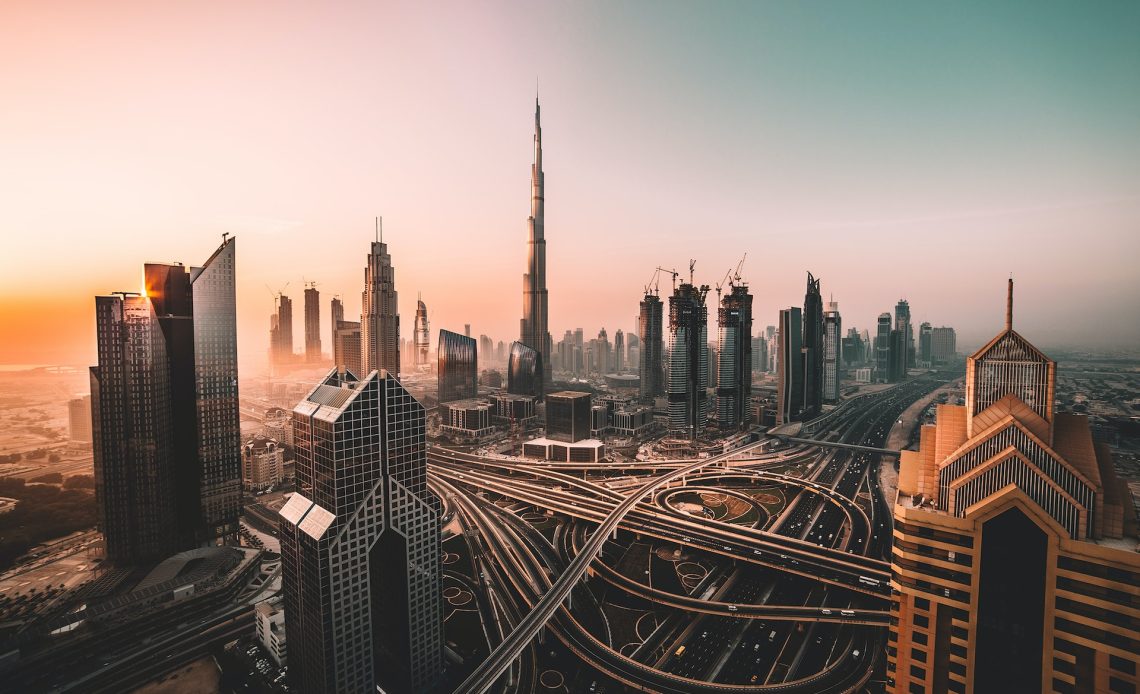Dubai, known for its bustling business environment and economic growth, offers numerous opportunities for entrepreneurs and investors. One such opportunity is the establishment of a business in a freezone. This article explores the concept of freezones in Dubai, their benefits, the process of setting up a business, key industries, legal requirements, and more.
What is a Freezone?
A freezone is a designated geographic area within a country where businesses can operate with certain exemptions and advantages. In Dubai, freezones are designed to attract foreign investment, promote economic diversification, and facilitate international trade. These zones provide businesses with a favorable environment for growth and expansion.
Benefits of Setting Up a Business in a Freezone
Setting up a business in a freezone in Dubai offers several advantages. Firstly, companies registered in freezones are eligible for 100% foreign ownership, allowing investors to have full control over their ventures. Additionally, businesses in freezones enjoy tax exemptions on corporate and personal income, as well as import and export duties. Freezone companies also benefit from streamlined bureaucratic procedures, simplified customs regulations, and access to state-of-the-art infrastructure.
Types of Freezones in Dubai
Dubai has a diverse range of freezones catering to various industries and sectors. Some prominent freezones include Dubai Multi Commodities Centre (DMCC), Dubai Internet City (DIC), Dubai Healthcare City (DHCC), Dubai Media City (DMC), and Dubai Knowledge Park (DKP). Each freezone specializes in specific activities, such as technology, healthcare, media, education, and more.
How to Establish a Business in a Freezone
Establishing a business in a Dubai freezone involves several key steps. The process begins with selecting the appropriate freezone based on the nature of the business. Subsequently, the entrepreneur or investor needs to register the company, choose a legal entity type, and obtain the necessary licenses and permits. The specific requirements may vary depending on the chosen freezone and the business activities.
Legal Requirements and Procedures
To ensure compliance with legal regulations, businesses operating in Dubai freezones must adhere to certain requirements. This includes obtaining the relevant licenses and permits, registering the company with the appropriate authorities, and fulfilling any industry-specific regulations. Additionally, companies must maintain proper financial records, submit annual reports, and adhere to corporate governance standards.
Key Industries in Dubai Freezones
Dubai’s freezones cater to a wide range of industries, contributing to the city’s economic growth. Some key sectors include finance and banking, information technology, media and entertainment, healthcare, logistics, hospitality, and tourism. The presence of specialized freezones enables businesses in these industries to thrive, fostering innovation, collaboration, and economic development.
Attracting Foreign Investment
Dubai’s freezones play a crucial role in attracting foreign direct investment (FDI). The business-friendly environment, tax incentives, streamlined processes, and access to global markets make Dubai an attractive destination for entrepreneurs and investors from around the world. The city’s strategic location as a gateway between East and West further enhances its appeal for international business ventures.
Freezone Company Formation Process
The company formation process in Dubai’s freezones involves specific steps and procedures. These include selecting a company name, preparing the necessary documentation, opening a bank account, and obtaining the required licenses. It is advisable to seek professional guidance from business consultants or legal experts to navigate through the formation process smoothly.
Taxation and Customs Regulations
One of the significant advantages of operating a business in a Dubai freezone is the favorable tax environment. Freezone companies are typically exempted from corporate and personal income taxes for a specified period. Furthermore, they benefit from zero customs duties on imported and exported goods within the freezone. However, it is essential to understand the specific tax regulations and customs procedures relevant to the chosen freezone.
Employment and Visa Requirements
Businesses operating in Dubai freezones have specific requirements when it comes to employment and visas. They can recruit both local and foreign employees, but certain roles may require Emirati nationals. Companies are responsible for obtaining employment visas for their employees, which typically involve medical tests, documentation, and sponsorships. Understanding the labor laws and visa regulations is crucial for smooth operations within the freezone.
Infrastructure and Facilities
Dubai’s freezones are known for their state-of-the-art infrastructure and world-class facilities. They provide businesses with modern office spaces, warehouses, logistics support, telecommunications infrastructure, and advanced technology. The availability of these amenities enables companies to operate efficiently and enhances their overall productivity.
Networking and Collaborative Opportunities
Being part of a Dubai freezone offers numerous networking and collaborative opportunities. These zones host industry-specific events, trade fairs, exhibitions, and conferences that bring together businesses, investors, and professionals from various sectors. Such events provide a platform for knowledge sharing, partnerships, and business growth.
Challenges and Considerations
While setting up a business in a Dubai freezone presents several advantages, there are also challenges and considerations to keep in mind. These include competition within the industry, evolving regulatory frameworks, market fluctuations, cultural differences, and the need for ongoing compliance. It is crucial for entrepreneurs to conduct thorough research, seek professional advice, and develop a robust business strategy.
Conclusion
Dubai’s freezones offer a wealth of opportunities for entrepreneurs and investors seeking to establish their businesses in a dynamic and thriving environment. With their favorable tax structures, streamlined processes, access to global markets, and specialized infrastructure, freezones provide an ideal platform for growth and expansion. By understanding the legal requirements, industry-specific regulations, and the unique benefits of each freezone, aspiring business owners can make informed decisions to capitalize on the vast potential Dubai has to offer.





